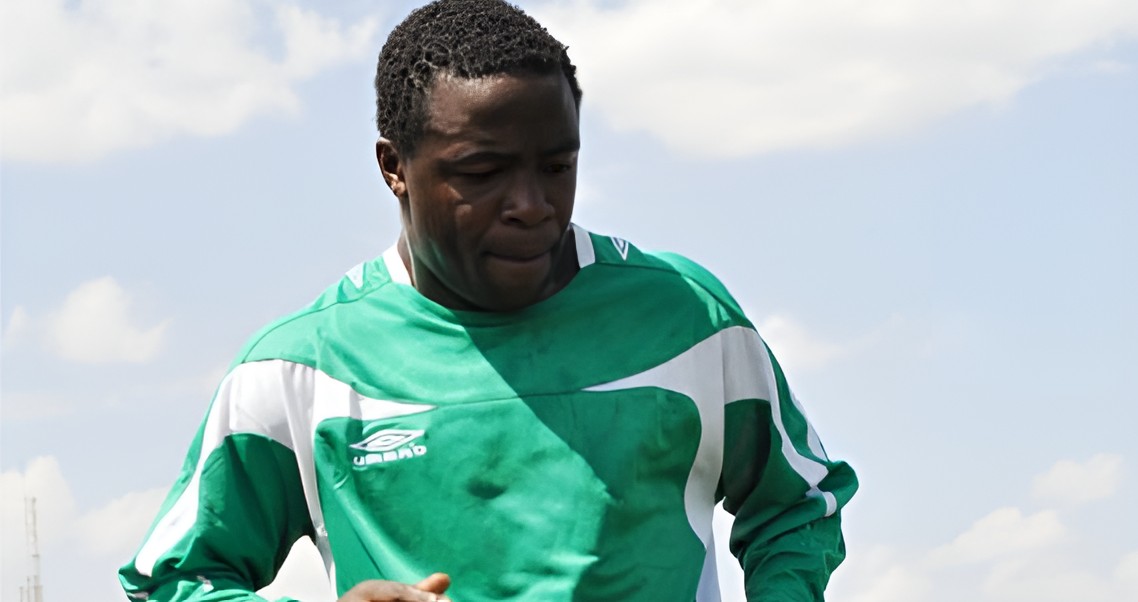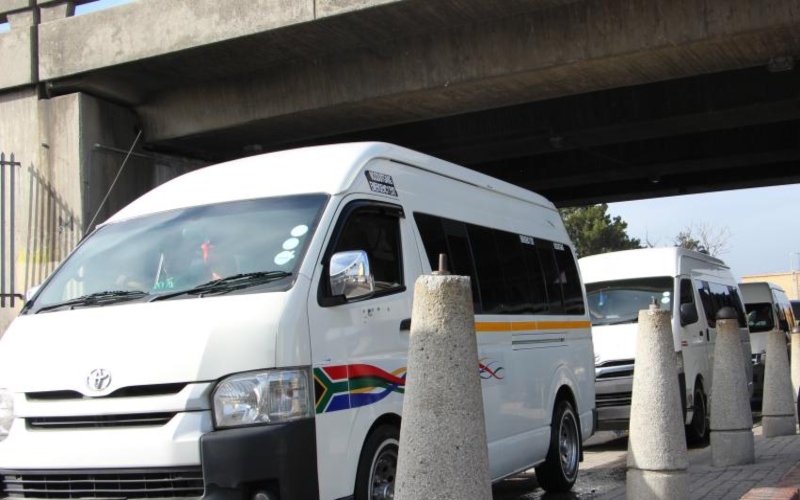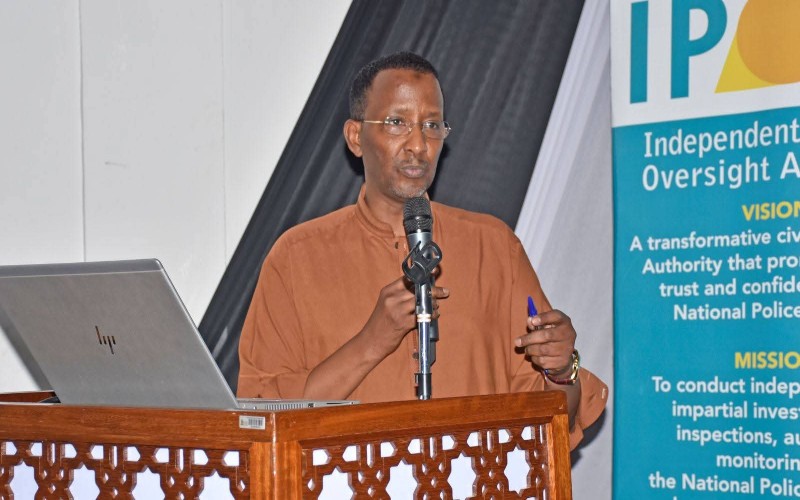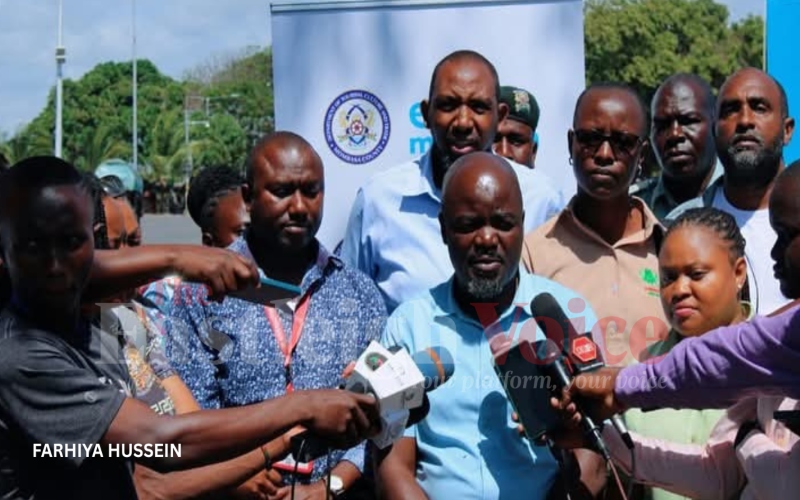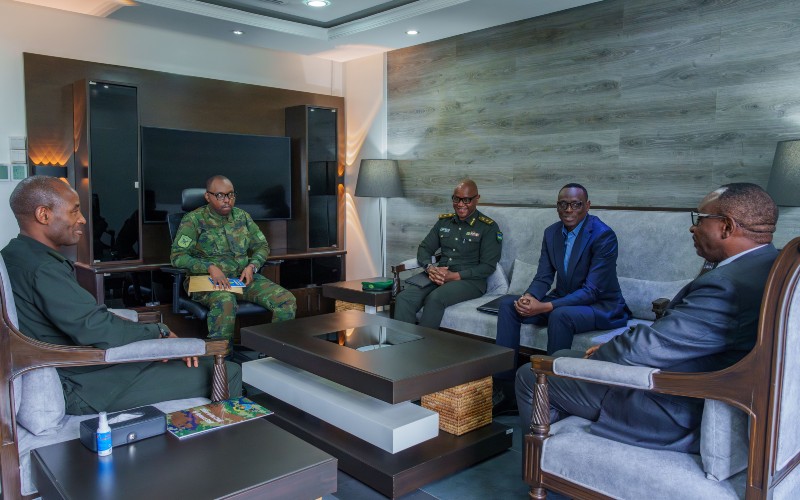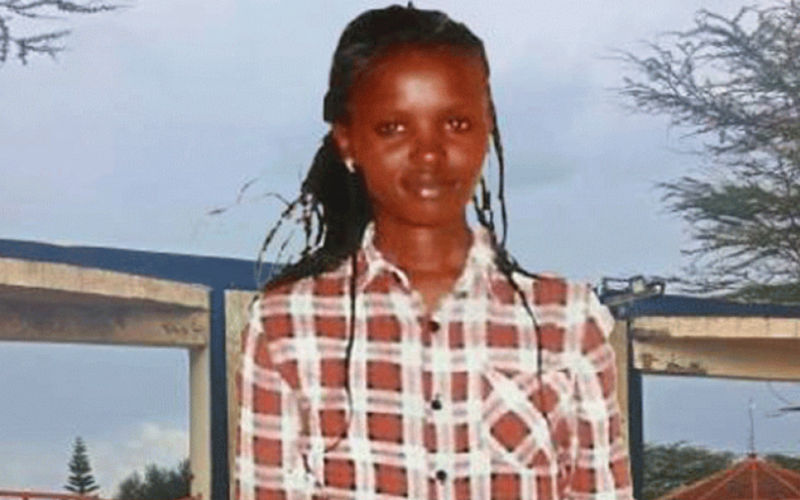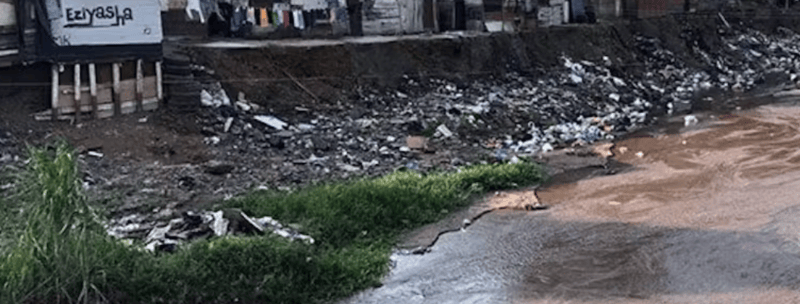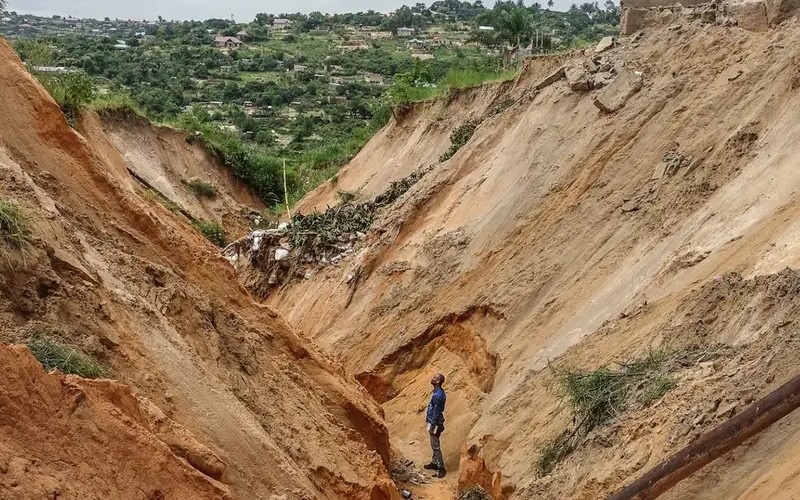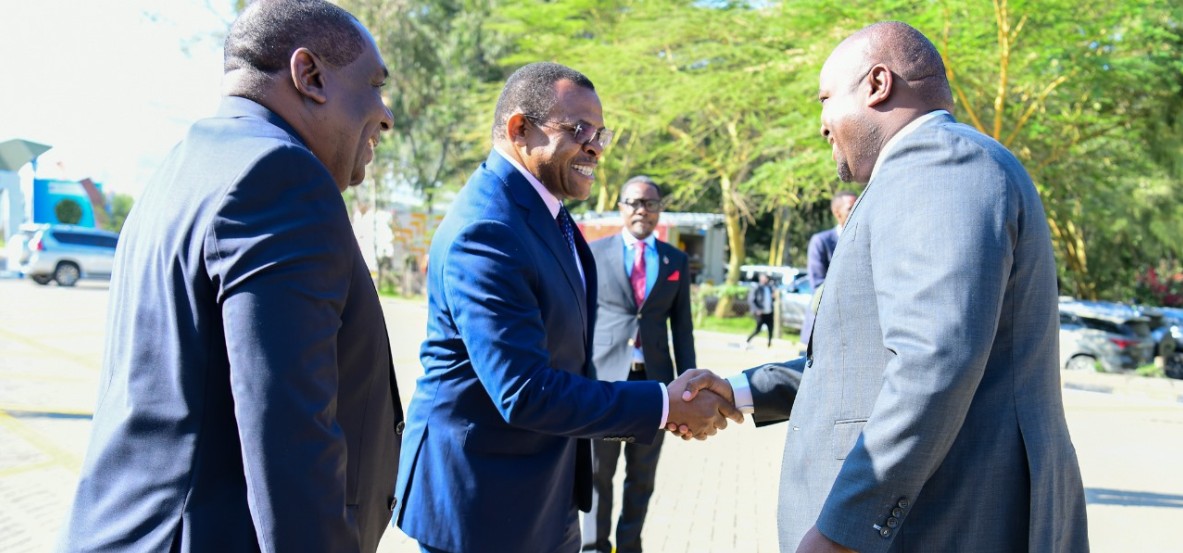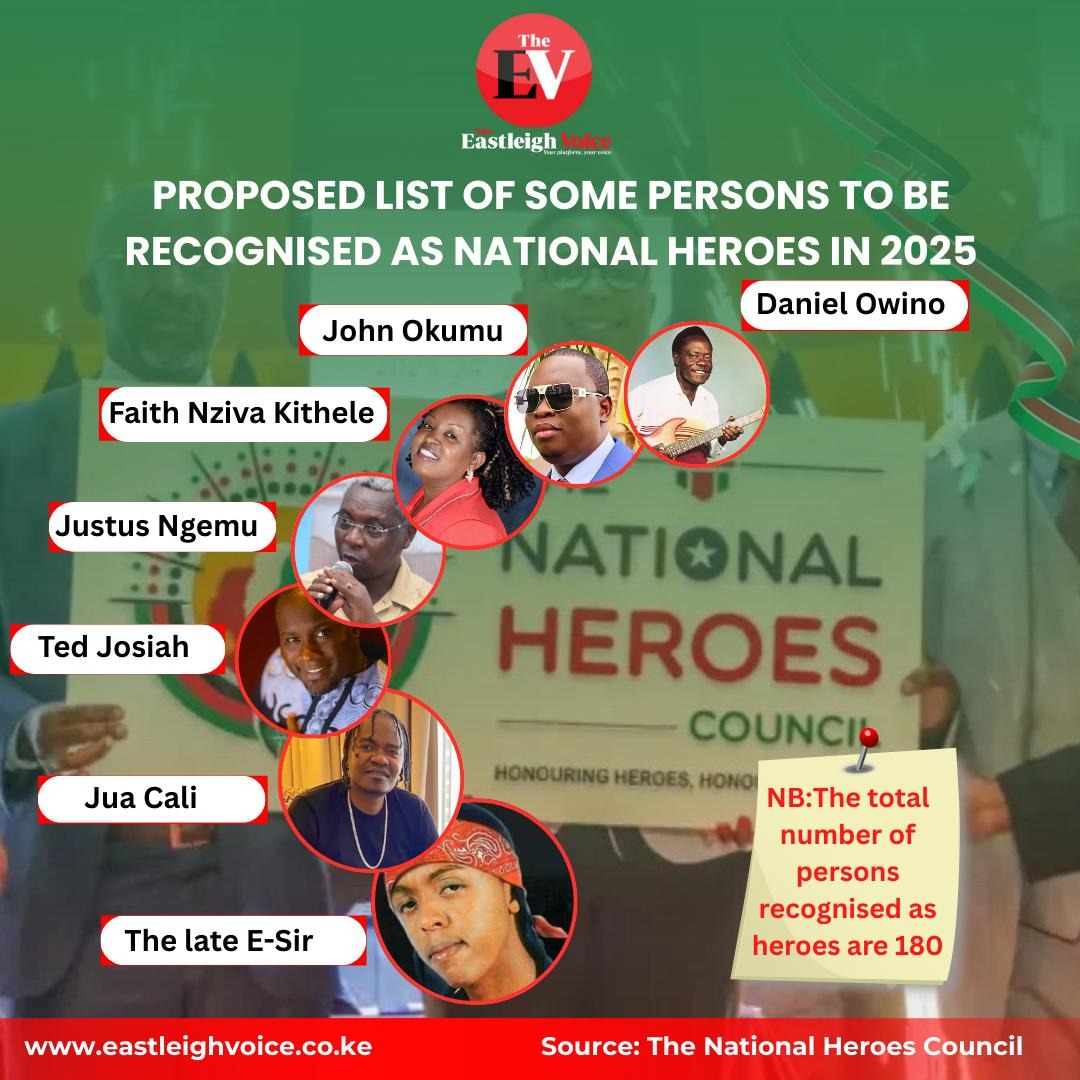Call against Kenya's high taxes still on, activist says as demos continue
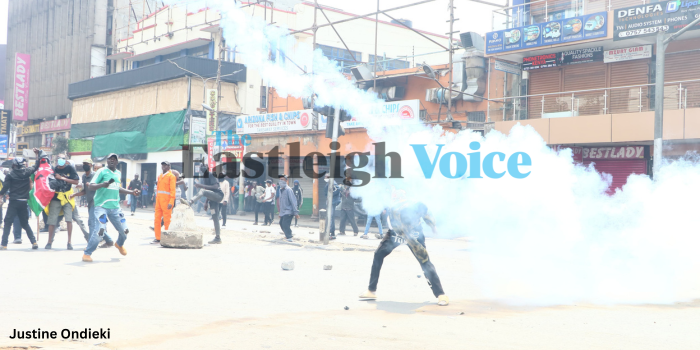
The demonstrations entered their third week on Tuesday, with members of the public, who started with the #RejectFinanceBill campaign, calling for President William Ruto's resignation.
The struggle against the Finance Bill, 2024, and high taxation will not end until the issue is resolved in its entirety, Hussein Khalid, CEO of the Voices of Community Activists and Leaders of Africa, has said, citing the continuing street protests.
The demonstrations entered their third week on Tuesday, with members of the public, who started with the #RejectFinanceBill campaign, mainly calling for President William Ruto's resignation.
More To Read
- Why we declined to be part of victims' compensation panel - Activists Hanifa Adan, Hussein Khalid
- Opposition leaders attend memorial for protest victims ahead of June 25 demos
- Defence CS Tuya lays out modalities of KDF deployment in internal security matters
- The year youth-led protests redefined political resistance in Kenya
- Hanifa Adan, Boniface Mwangi and Hussein Khalid clinch Human Rights Defender of the Year Award
- How beatings by city askaris turned hawker Julius Kamau into rights activist
"That bill has been withdrawn - the president did not assent to it - but you do not know what the state is doing. That bill could still come back in many other ways. We have to protect that call because the Finance Bill could be reintroduced," Hussein said in an interview on Spice FM on Tuesday.
The activist, who has been at the forefront of pushing for the withdrawal of the bill and pursuing justice for casualties' families, added, "We are seeing punitive measures coming in through the back door, like counties not getting enough money, them saying there will be no bursaries etc. This is directly linked to the Finance Bill agenda."
Protest leadership
Asked what shape the protests should take going forward, Hussein said a change in the leadership style was needed.
"The question is what is the best way forward because we do not want to lose the momentum. How do we achieve citizen-centric leadership going forward?"
He praised the protesters, most of them Gen Z, for sustaining the protests, that have so far seen the Finance Bill withdrawn, saying they would help liberate the country in ways others couldn't.
"We must give credit to this generation for the boldness with which they stand for justice. People no longer fear state machinery or the police and all that," he said.
Hussein also spoke about what are believed to be the abductions of protesters and people openly critical of Ruto's Kenya Kwanza government, and supportive of the demonstrations. They are a state ploy to intimidate protesters into ending their action, he said.
He further noted that the movement has no structure or leadership and does not need one at the moment.
"One thing about this movement is that there is no leader so who are you picking or abducting? Let's not force a leader or a structure on this but let us give it time. Gen Zs have said they are all going out and they are informed and learned, and understand what is happening. They are journalists, doctors, lawyers ... name them. You cannot tell them to keep quiet."
Deaths and injuries
Hussein further discussed deaths during the protests, which the Kenya National Commission on Human Rights (KNCHR) has placed at 39.
In its latest data released on Monday, the KNCHR said the 39 individuals died in the last two weeks of the protests while 361 countrywide suffered various injuries, and 32 were the victims of forced disappearances.
Hussein said, "These are very high numbers in relation to the period. If you look at 39 in less than two weeks ... that is roughly three people killed every single day, people who were merely exercising their constitutional right to protest and present petitions to a public institution. We must ask ourselves if this is the country we want to live in."
The activist further faulted the government for claiming to lack proper intelligence on the protests, their magnitude, and their impact.
"If government institutions do not serve the will of the people, why are they there in the first place? You cannot have millions protesting and claiming to have lacked intelligence. Even a five-year-old knows to reject the Finance bill," he said.
The activist who showed up in the studio in a white and black striped T-shirt said, "We are peaceful but we are also protesting, hence the black and white."
Hussein has so far witnessed 13 post-mortems, eight being deaths from gunshot injuries and the others from blunt force trauma, likely after the victims were hit or clobbered.
He said the families of those killed or injured in the protest were "completely troubled".
"The police can do better. They did not do their best yet this service must guarantee the constitutional rights of the people," he said.
Top Stories Today
